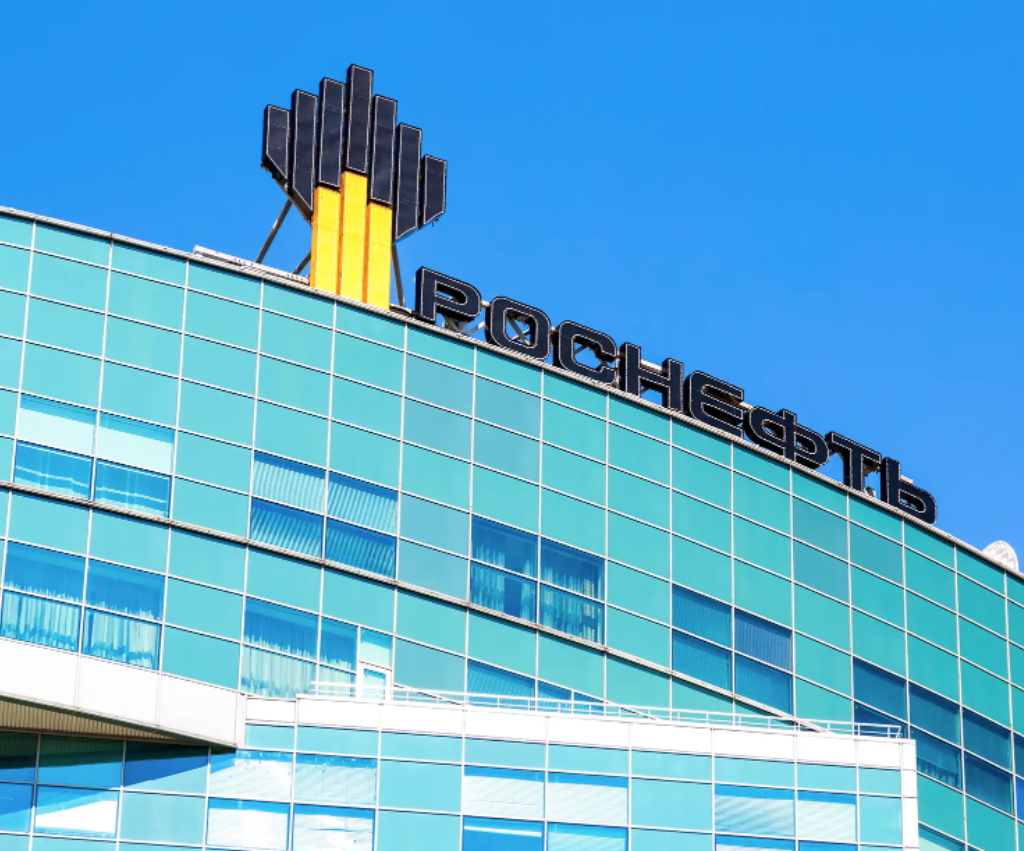Ursula von der Leyen presented the new round of sanctions against Russia
(Sustainabilityenvironment.com) – Full but gradual embargo of oil, Sberbank cut off from SWIFT, Kremlin media banned from European frequencies. These are the main points of the new package of sanctions against Russia, the sixth since the beginning of the invasion of Ukraine. They were announced this morning by the President of the Commission, Ursula von der Leyen, in a speech to the Strasbourg plenary.
What are the new sanctions on Russia
On the crucial point of the debate, oil, we will proceed along two tracks. Crude oil will be banned within 6 months, while for derived products the window extends until the end of 2022.
“In the last sanction package, we started with coal. Now we are addressing our dependency on Russian oil. Let us be clear: it will not be easy. Some Member States are strongly dependent on Russian oil. But we simply have to work on it“, said von der Leyen. “We now propose a ban on Russian oil. This will be a complete import ban on all Russian oil, seaborne and pipeline, crude and refined. We will make sure that we phase out Russian oil in an orderly fashion, in a way that allows us and our partners to secure alternative supply routes and minimises the impact on global markets”.
According to the President of the Commission, “Thus, we maximise pressure on Russia, while at the same time minimising collateral damage to us and our partners around the globe”. This aspect, however, does not convince everyone. The gradual strategy of Brussels, in fact, will most likely make the price of oil soar. The Russian sanctions could paradoxically increase Moscow’s revenues, while exposing Europe to retaliation, for example on gas.
Read also Can Europe manage if Russian oil and coal are cut off?
An aspect not to be underestimated: also to replace the produced ones from the refining of the crude oil could not be simple nor immediate. As a dossier from the Bruegel think tank a few weeks ago pointed out, the refining capacity in Moscow, from which the EU obtains diesel, fuel oil and naphtha, must also be replaced. The European capacity would suffice, but the EU refineries would have to work at 90% (15-16 million barrels per day), a share never reached for 20 years.
No mention from von der Leyen in his speech on the second hot spot of the new sanctions against Russia: the unity of the Twenty-seven. The package has had a very complex gestation and now arrives at the Council to receive the final ok. Germany has made it known that it will not go sideways – it has already taken the gradual approach, as it wanted – but the unknowns of Hungary and Slovakia remain. For these two countries, European diplomatic sources say, a partial exemption or longer to say goodbye to the Kremlin’s crude oil could be envisaged.
